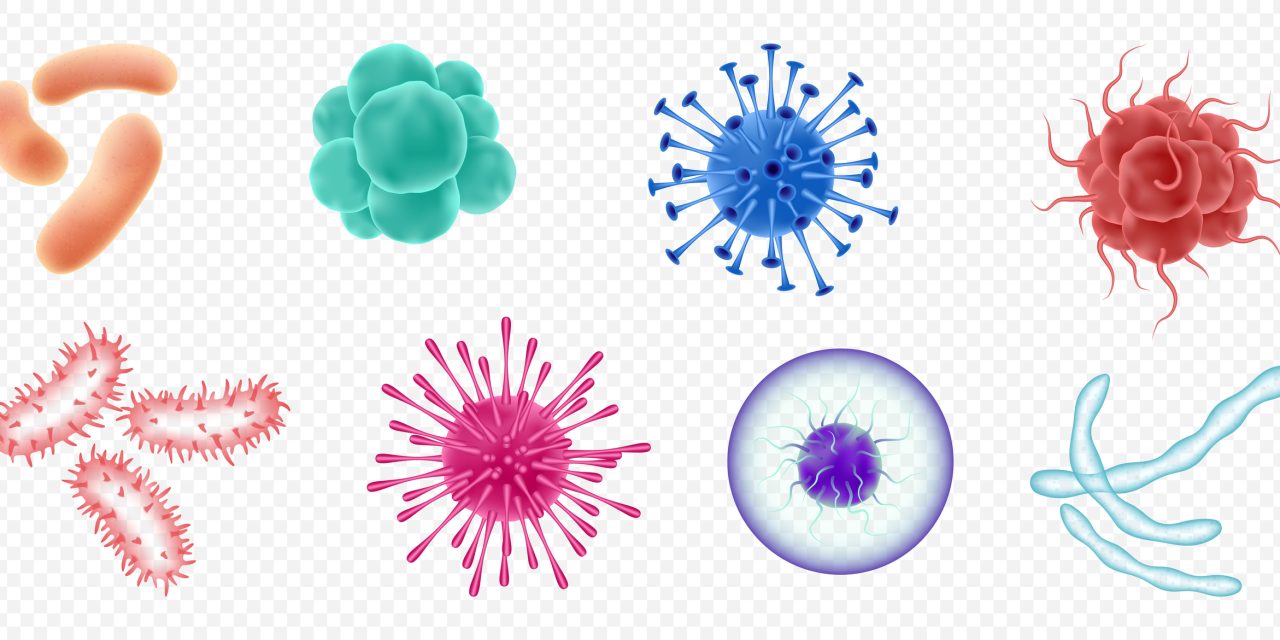The identification of actionable oncogenic alterations has enabled targeted therapeutic strategies for subsets of patients with advanced malignancies including lung adenocarcinoma (LUAD). We sought to assess the frequency of known drivers and identify new candidate drivers in a cohort of LUAD from patients with minimal smoking history.
We performed genomic characterization of 103 LUADs from patients with {less than or equal to}10 pack-year smoking history. Tumors were subjected to targeted molecular profiling and/or whole-exome sequencing and RNA-seq in search of established and previously uncharacterized candidate drivers.
We identified an established oncogenic driver in 98 of 103 tumors (95%). From one tumor lacking a known driver, we identified a novel gene rearrangement between OCLN and RASGRF1. The encoded OCLN-RASGRF1 chimera fuses the membrane-spanning portion of the tight junction protein occludin with the catalytic RAS-GEF domain of the RAS activator RASGRF1. We identified a similar SLC4A4-RASGRF1 fusion in a pancreatic ductal adenocarcinoma (PDAC) cell line lacking an activating KRAS mutation and an IQGAP1-RASGRF1 fusion from a sarcoma in The Cancer Genome Atlas. We demonstrate these fusions increase cellular levels of active GTP-RAS, induce cellular transformation, and promote in vivo tumorigenesis. Cells driven by RASGRF1 fusions are sensitive to targeting of the RAF-MEK-ERK pathway in vitro and in vivo.
Our findings credential RASGRF1 fusions as a therapeutic target in multiple malignancies and implicate RAF-MEK-ERK inhibition as a potential treatment strategy for advanced tumors harboring these alterations.
RASGRF1 Fusions Activate Oncogenic RAS Signaling and Confer Sensitivity to MEK Inhibition.


